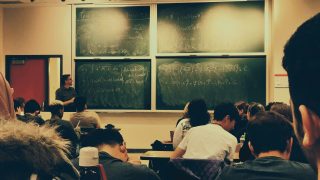
‘Noah’s Ark’, the USSR’s SETI (search for extraterrestrial life)
Author: Gabriela Radulescu, Guggenheim Postdoctoral Fellow, Smithsonian Institution As humans began to explore outer space in the latter half of the 20th century, radio waves proved a powerful tool. Scientists could send out radio waves to communicate with satellites, rockets and other spacecraft, and use radio telescopes to take in radio waves emitted by objects […]








